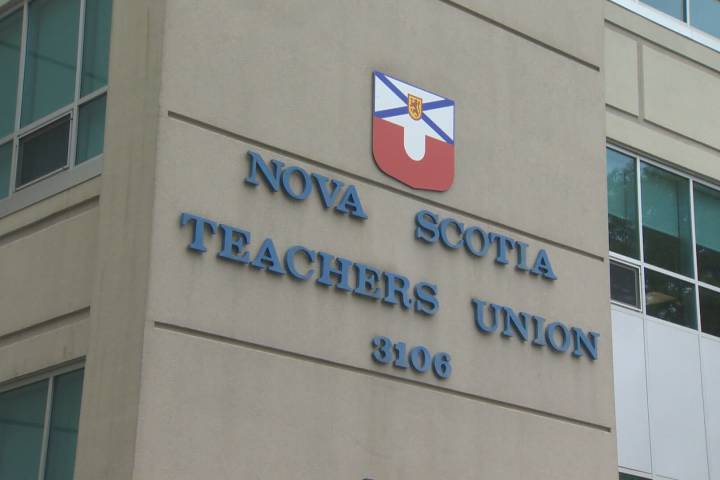Nova Scotia’s March break should have ended Monday, but because of the COVID-19 pandemic students won’t be in school until April 6 at the earliest.

In a statement, a spokesperson for the Department of Education said the province is developing a plan “that supports students and teachers for the best results in difficult circumstances.”
Other jurisdictions have closed schools already. In New Brunswick, the premier said Friday that schools will be closed indefinitely. In Saskatchewan, students have been told their current grades are considered final and they’ll move on to the next grade level next year.
Officials with Nova Scotia’s department of education and regional centres for education are meeting with the Nova Scotia Teachers Union (NSTU) to talk about its plan.
For now, the focus is to ensure Grade 12 students are able to graduate on time.
“It’s not that we’re not thinking about other students, but front of mind, graduating students are our top priority,” said NSTU president Paul Wozney.

Get weekly health news
“Learning options are being developed, and we will be sharing our path forward with principals, teachers and families in the near future,” the provincial statement said.
This week, teachers are able to return to schools by appointment to pick up supplies and materials they need. But after this week, schools will be “sealed,” Wozney said.
“Beyond this, we don’t know what we’re going to need or how we’re going to approach this,” he said.
SchoolsPlus and parent navigator supports are still available to families remotely during the closure, but face-to-face meetings will not be happening.
“I think part of the stress at the moment is, if I could be in my classroom today I know how I would be working to support students,” Wozney said.
“But because I’m not there and my kids aren’t there, I have no frame of reference for how we’re supposed to do this together.”
Wozney is asking teachers to be patient and wait for direction from the province and the union, so parents and students aren’t left confused.
“We can always find ways to address some missed learning time at some future point,” he said. “No student, their future is not going to be impossibly crippled if we have to sort of take a pause on school for a while. We can always fix that later, that’s a solvable problem.”
“What we can’t solve are people who contract (the virus) and either lose their life or there’s permanent consequences as a result.”









Comments
Want to discuss? Please read our Commenting Policy first.